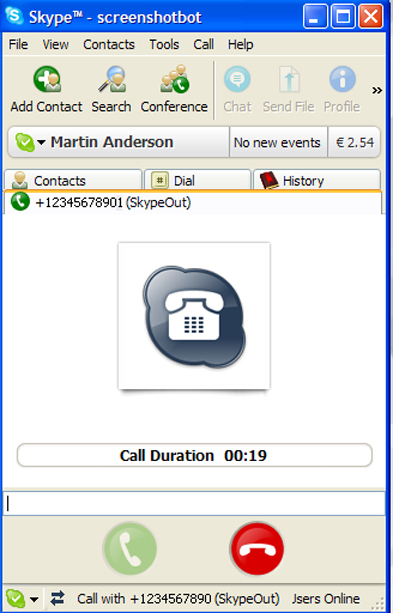Skype expert: SkypeOut a "lousy PSTN experience"


Martin Geddes knows telephony inside out. You don't get to be cited on 17 Sprint patents if your knowledge of telephony engineering issues isn't deep and broad.
Martin knows Skype inside out as well. He's one of the key writers for Skype Journal, an independent news and views site about (you get one guess) Skype.
When Martin talks about Skype, I listen. You should, too.
I've been reading one of his newer Skype Journal posts, entitled "SkypeOut: Not good enough." His main issue is that the call quality of SkypeOut - which allows calls from Skype to regular phones- is very inferior to the call quality you get on Skype to Skype calls.
I have to say that for the most part, that's been my experience as well. But I am guessing that Martin has made more SkypeOut calls then I have. So let's give him the floor.
"Why complement the best on-net call quality around with a lousy PSTN (Public Switched Telephone Network) experience," Martin writes. "We'll pay for quality!"
Martin also seems bothered by the fact that Skype is selling their SkypeOut as a value proposition, not a call-quality pitch.
He cites the Skype site (try saying that fast, five times) branding of SkypeOut: "That's why we have SkypeOut, a low cost way to make calls from Skype to friends who still use those traditional landlines or mobile phones. That means calling anyone, anywhere in the world at local rates."
To that, Martin comments that there's "not a single mention of clarity or quality." And, he adds, if Skype wants to play the price leader game, there are, in fact, cheaper services.
So what he is saying is that SkypeOut does poorly in call quality, and doesn't exactly win the cost savings contest either. If he had his wishes, though, call quality would be improved.
"Please make this product work properly," Martin signs off.